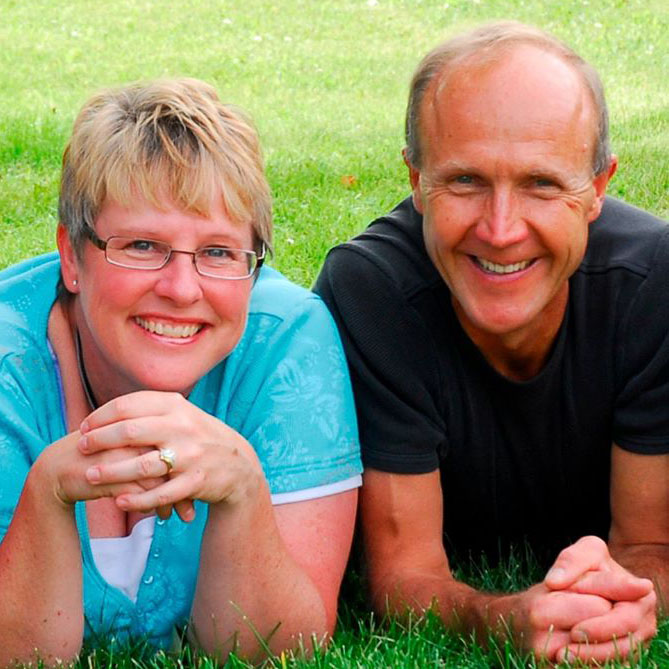When I was a kid (surely that wasn’t too long ago), my Dad say to me, “Don’t just sit there, do something.” That advise served me very well to get to where I am now, yet I’m starting to see the folly in the message. I am now striving to take steps toward lasting happiness and peace of mind.
“What do you mean?” you might ask
How often do you hear, or think the word, “Busy”? Or ask a friend or colleague how they are doing and they may duplicate the word several times, “Oh, I’m busy, busy, busy.:”
Statistics Canada indicates that people are working more hours per week than ever. Add in the demands of family, friends, and community, and the hours are over-spent.
Sound familiar?
What do you and I do? If you are similar to me and most people I know, they give up things. They give up hours of sleep, eliminate time for themselves, reduce physical activity, skip meals, and miss family activities. And then worry, guilt, and fear set in. They “should” on themselves.
“I should get more sleep.”
“I should spend more time with my family.”
“I should get back into an exercise program.”
“I should have some time for just me.
All of this “shoulding” pollutes the brain by increasing the guilt. It’s hard to be focused and productive with a quagmire of these bombarding thoughts. It’s stressful.
Stress happens when we don’t decide what to do.
So why not decide right now to give yourself at least a few minutes a day of clear, stress-free mind time – to do nothing, absolutely nothing?
This is easier said than done, my friend. This means to refrain from: reading; writing; listening to music or the radio; watching TV; exercising; or any other activity. It also means thinking about nothing.
Call it mediation if you like. It’s a powerful method of becoming an observer of your thoughts, rather than becoming emotionally charged, and reacting to them.’
Practice these steps for 10 or 15 minutes a day and let me know how it goes for you. I invite you to set a timer for the first while, and keep at it until the time is up. Otherwise it is too easy to say, “This will never work.” and give up after attempting this for what seems to be 30 minutes, yet is really only 4 minutes.
- Sit comfortably, relaxed, with a soft belly. Sit erect, on a stool or chair, rather than lying down. Sitting keeps you alert.
- Close your eyes softly, just let them relax.
- Breathe in deeply, as deeply as you can, and notice the feeling of your belly expanding and your chest rising.
- Exhale totally, until all of the air has been pushed out, and notice the feeling of the air in your nostrils as your chest falls.
- Continue this, focusing your awareness on your breath.
- Breathe in slowly, exhale slowly.
- You may want to count slowly as you inhale (maybe to 8 or 10) and count slowly as you exhale. This keeps your mind focused on your task.
- Notice where your thoughts go, just notice without judgement or getting caught up in them. Your mind may go to: a pain in your knee, a disagreement you just had, a work task, what you will eat for supper, sexual desires, and/or other thoughts about the past and future.
- I repeat, just notice without judgement or getting caught up in the thoughts. Allow them float by.
- When the timer goes off, gently allow yourself to come back to the present, take a few deep breaths, and open your eyes.
In “The Wisdom Of Yoga,” Stephen Cope describes this as the mind being like a puppy in a field, running from tree to post, sniffing under a rock, romping after a bird, running continually to the point of exhaustion, but going nowhere in particular. Through practice, you and I can gently tie the puppy to a post and learn to observe. From there great peace and learning occurs.
Come-on, Dan, give me a break. This s…. doesn’t work.
I found this extremely frustrating – to notice all of my insignificant and unimportant past and future thoughts. I was missing the peacefulness of now. As I kept at it, the frustration changed to curiosity – an attitude of, “that’s interesting.” And as I continue to practice, I’m finding it easier to focus on doing and thinking “nothing” in the moment.
I have greater clarity, awareness, appreciation, and creativity. I experience greater happiness and joy in the moment, because that’s all you and I have – just now. I experience less anger, frustration, fear, and guilt. I sleep well at night. I treat others with kindness and love. I have more energy for what I want to do in each moment.
Thich Nhat Hanh, in “Peace Is Every Step” said, “When we are in touch with the refreshing, peaceful, and healing elements within ourselves and around us, we learn how to cherish and protect these things and make them grow. These elements of peace are available to us anytime.”
OK, are you thinking, “Great idea, Dan, but I don’t have time for that”?
Hmmm. Either I communicated really poorly or you missed the point. I invite you to read the article again.


Leave a Reply